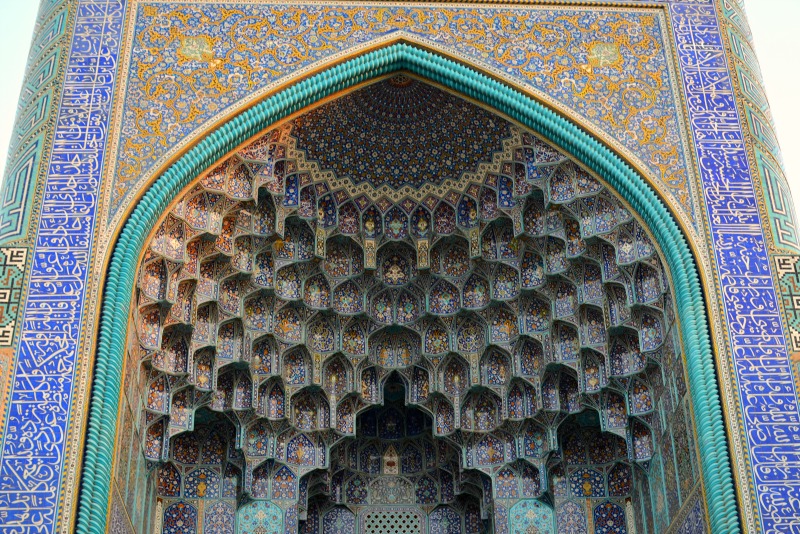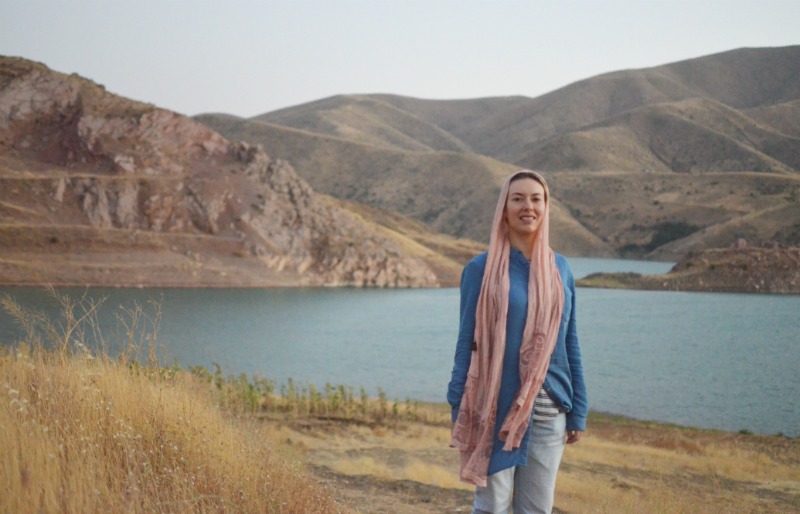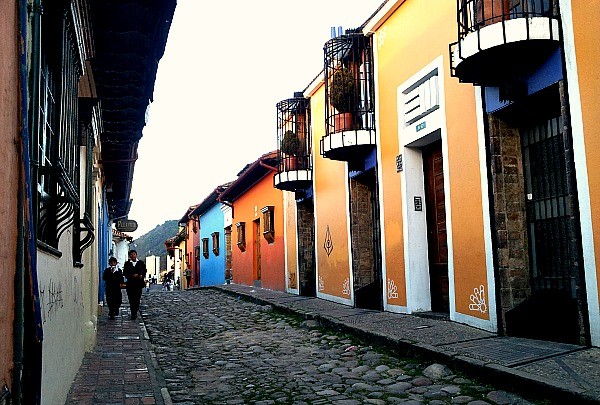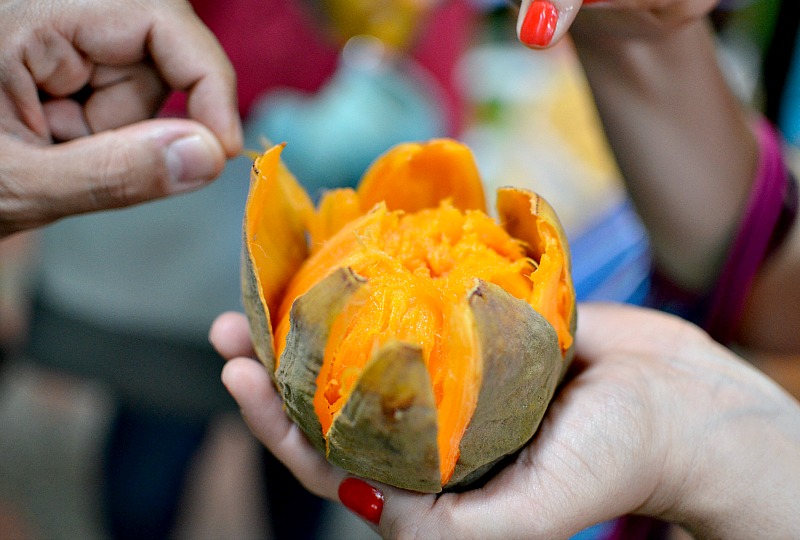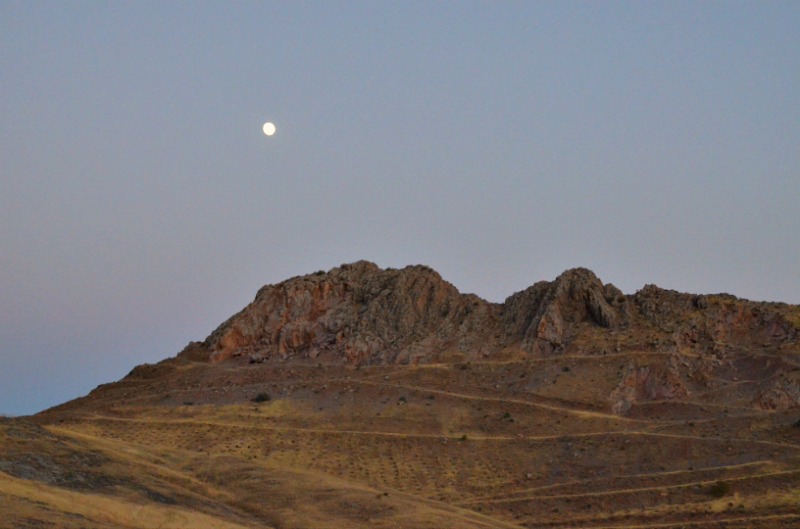
It’s 6 o’clock in the morning and we’re met at the airport by my partner’s brother and best friend. After a bit of fumbling through customs and immigration, there are hugs, smiles and a beautiful bunch of flowers waiting for us, quickly making me feel welcome.
It’s still dark outside as we wander through the airport car park, looking for the car that’s going to drive us to Sanandaj – the capital of the Kurdistan province.
The engine starts, the windows are wound down and the stereo comes on. The sound of synth-pop and electronic chords come through the speakers. The song is “Patience Gets Us Nowhere Fast” by Capital Cities and this is the first song of many that become part of my private soundtrack for this fascinating, contradictory and culturally rich country.
We drive the long stretch of road from Iran’s capital, Tehran, to Sanandaj. The journey is approximately five hours long, and I look out the window from the back seat of the car, taking in the country whizzing past.
The earth is flat and dry, with tufts of shrubs scattered amongst the dirt. Roadside shops and restaurants are stop-off points for families who’ve taken to the road for the weekend. They roll out their mats and sit on the ground around pots of tea and sheets of bread for breakfast, sipping from their cups as the sun rises.
The mountains to my left are covered in a light veil of dust, which breaks the flow of sunlight peeking from over the other side. Just beyond those mountains is Iraq and Syria, my partner’s friend says, and that dust is coming from the the war, he goes on. A reminder that civil unrest and destruction isn’t far away.
But we’re in Iran and despite how safe and welcome I feel, bunch of flowers still in hand, I can’t help but think about the Iran I know from the television, or the news, and the radio. This country has been named part of the axis of evil, a country that has been sanctioned for decades for it’s reported nuclear program and a country that has been largely avoided and demonised by the west for at least the last three decades. But all I can think about is the friendly gentleman who greeted me at the immigration office at the airport.
“I’m so sorry you have had to wait,” he said, handing my passport over after organising my tourist visa. “Do you speak Farsi?” he says with a friendly smile. I fumble through a few words and phrases I’ve managed to remember. He smiles and tells me to enjoy my time in the country. “Taking care and have fun,” he says in broken English.
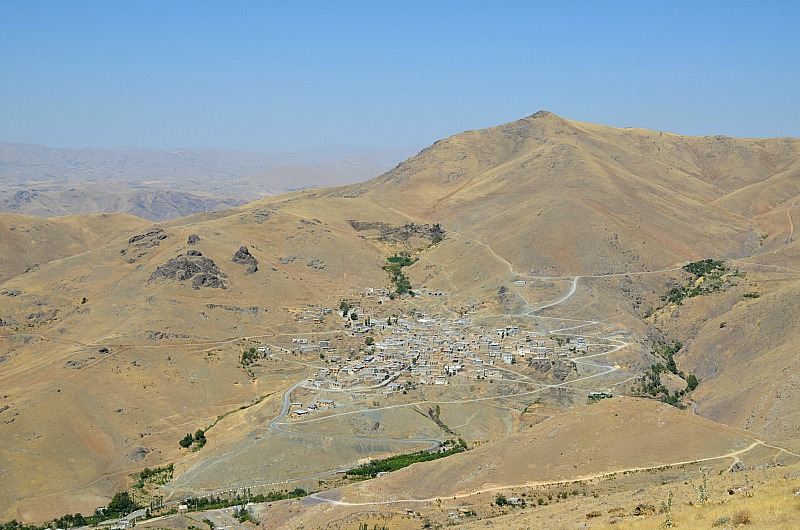
“Be careful,” friends and family warned when they learnt of my upcoming trip. “Why would you risk your life?” worried one. I felt a sense of Deja Vu. They’re all the same types of questions and comments I received before making my way to Colombia for the first time 10 years ago.
Terrorism, conflict in the Middle East, Isis and calls to “ban the burqa” in Europe and Australia are all frequent news topics, so why would I choose to travel to a region that is notoriously dangerous, full of war and lacking in human rights? Well, if I’ve learnt anything about my time in Colombia, it’s that you can’t always trust the media about it’s accurate representation of the world, and I wanted to see Iran for myself, especially considering this is where my partner and his family are from.
After a month in Iran, sharing dinners, making friends and eating more bread than I thought was physically possible, I can tell you that no matter where you go in the world, road trips are always a good idea, fart jokes are always funny and, at the end of the day, we are all so incredibly similar. Please stay tuned for more stories and photos from this fascinating country as I continue to write about and digest everything I experienced while I was there.
